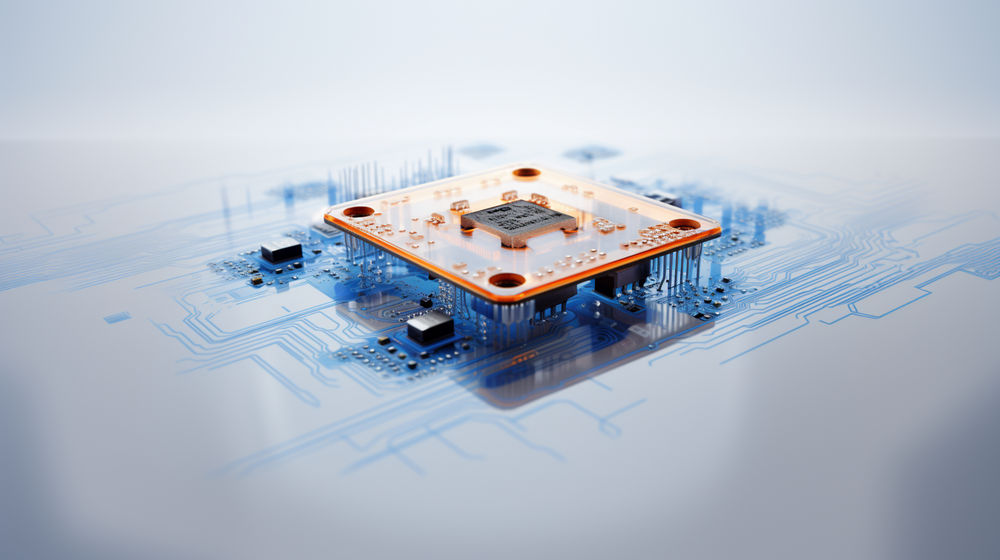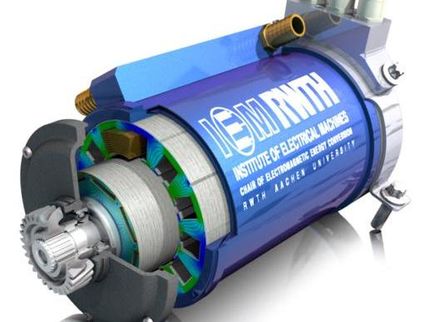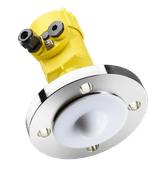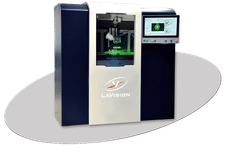Scent or stench? Odors of diapers and aroma compounds can be measured objectively
Advertisement
For consumables like diapers and also for many foodstuffs the smell is a very decisive factor. Consumers can be convinced more easily, if it smells good. And also during the use of the product the smell is essential. Today, the human nose is still the best gauge to determine which product is most pleasant. However, these tests with human panels are costly and time consuming, not the least because the human nose rapidly becomes tired. Engineers at Saarland University have therefore developed a method for objectively determining or better comparing odors. This will be presented using the example of diapers at the Saarland research booth at Hannover Fair.
For perfumes or aroma compounds in the food industry, determining the odor objectively is of great importance. In addition, changes of the familiar odor of a brand-name product should be detected to assure consistent quality. Industrial quality control is therefore based on human sensory panels of at least six qualified persons to evaluate and rate smells. "These determinations are time consuming and expensive. In addition, the panelists are stressed considerably if unpleasant odors have to be evaluated like used diapers or spoiled foodstuffs", says Andreas Schütze, Professor for measurement technology at Saarland University.
His team has therefore developed a method for determining odors objectively. The product or odor samples are placed in a test chamber from which the headspace is drawn and transported to sensitive gas sensors. The measured data are then compared with reference patterns, which have been appraised by a sensory panel. The panelists sniff the same samples and grade on a scale of one to five how much their subjective odor limit has been exceeded. In addition, the smells are assessed in different categories like sweet or acrid. "We compare the results of the sensory panels with the patterns obtained from our sensors and can thus determine, if a product has a pleasant smell or, in the case of diapers, a particularly unpleasant stench", explains Schütze.
In research projects with shoe and sock manufacturers and institutes the method has already proven it's potential. The aroma and food industry has already signaled its interest for the new electronic nose. Currently the scientists in Saarbrücken compare different diapers to determine how the unpleasant odor of a soiled diaper can be minimized. "Our approach, which combines sensors, electronics and software, can be used for a broad range of products. The spectrum covers sporting cloths as well as aroma compounds, foodstuffs and beauty care products", explains Andreas Schütze. Special emphasis is placed on achieving a long term stability of the system, a key for the practical applications of this technology.
The continuing development of this and other methods based on gas sensors for meeting industrial requirements and their commercial exploitation is done by the company 3S, a spin-off of the Lab for Measurement Technology at Saarland University. 3S develops application specific solutions for different industrial sectors based on the research results of the University group.
Other news from the department science
These products might interest you
Most read news
More news from our other portals
See the theme worlds for related content
Topic world Sensor technology
Sensor technology has revolutionized the chemical industry by providing accurate, timely and reliable data across a wide range of processes. From monitoring critical parameters in production lines to early detection of potential malfunctions or hazards, sensors are the silent sentinels that ensure quality, efficiency and safety.

Topic world Sensor technology
Sensor technology has revolutionized the chemical industry by providing accurate, timely and reliable data across a wide range of processes. From monitoring critical parameters in production lines to early detection of potential malfunctions or hazards, sensors are the silent sentinels that ensure quality, efficiency and safety.
































































